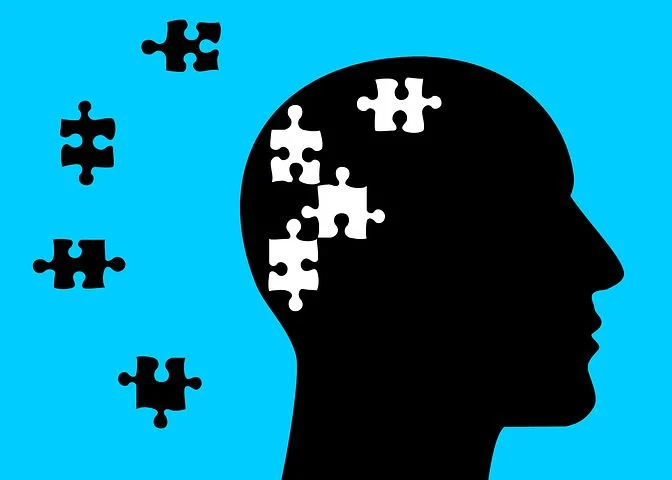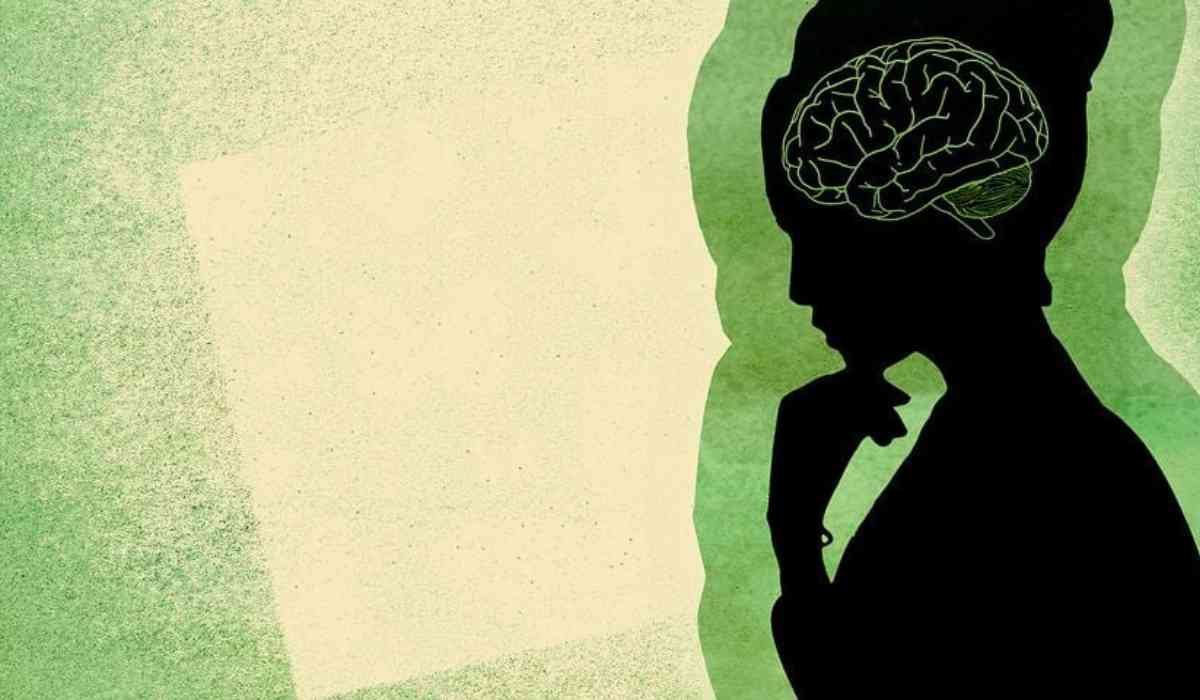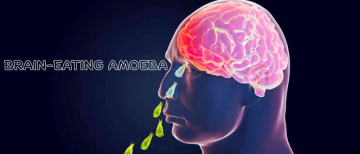Self-regulation is a practical ability that aids people in managing specific emotional responses and physiological movements during stressful circumstances. Self-regulation also helps people in maintaining their attention and focus under pressure.
Self-regulation includes planning, structure, organization, self-control, and memory techniques. Learning to self-regulate is vital for everyone, whether they are a toddler or an adult.

Here are some things to keep in mind while learning how to self regulate:
- Make an effort to set a positive example. Do what you preach by creating surroundings that are reliable and secure and by upholding moral principles.
- Be receptive to change. Your capacity to adjust to shifting circumstances while maintaining a positive attitude can be improved by approaching change with a positive outlook.
- Decide to discipline yourself. Keep up the pressure to reach your objectives. Even if you don't feel like it, keep going forward.
- Discover what your triggers are. You'll learn more about yourself as a result, and you'll be better able to devise a strategy for handling trigger situations.
- Practice stepping back when your thoughts and feelings start to turn sour. Analyze these negative emotions and thoughts, then swap them out for something uplifting.

It takes time to learn self-regulation, and even more time to become proficient. It's critical to take your time and not place unreasonable demands on yourself. Set modest initial objectives and progress to larger ones. You can eventually get better control over your emotional moods.
© Vygr Media Private Limited 2022. All Rights Reserved.





















